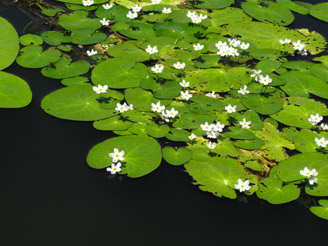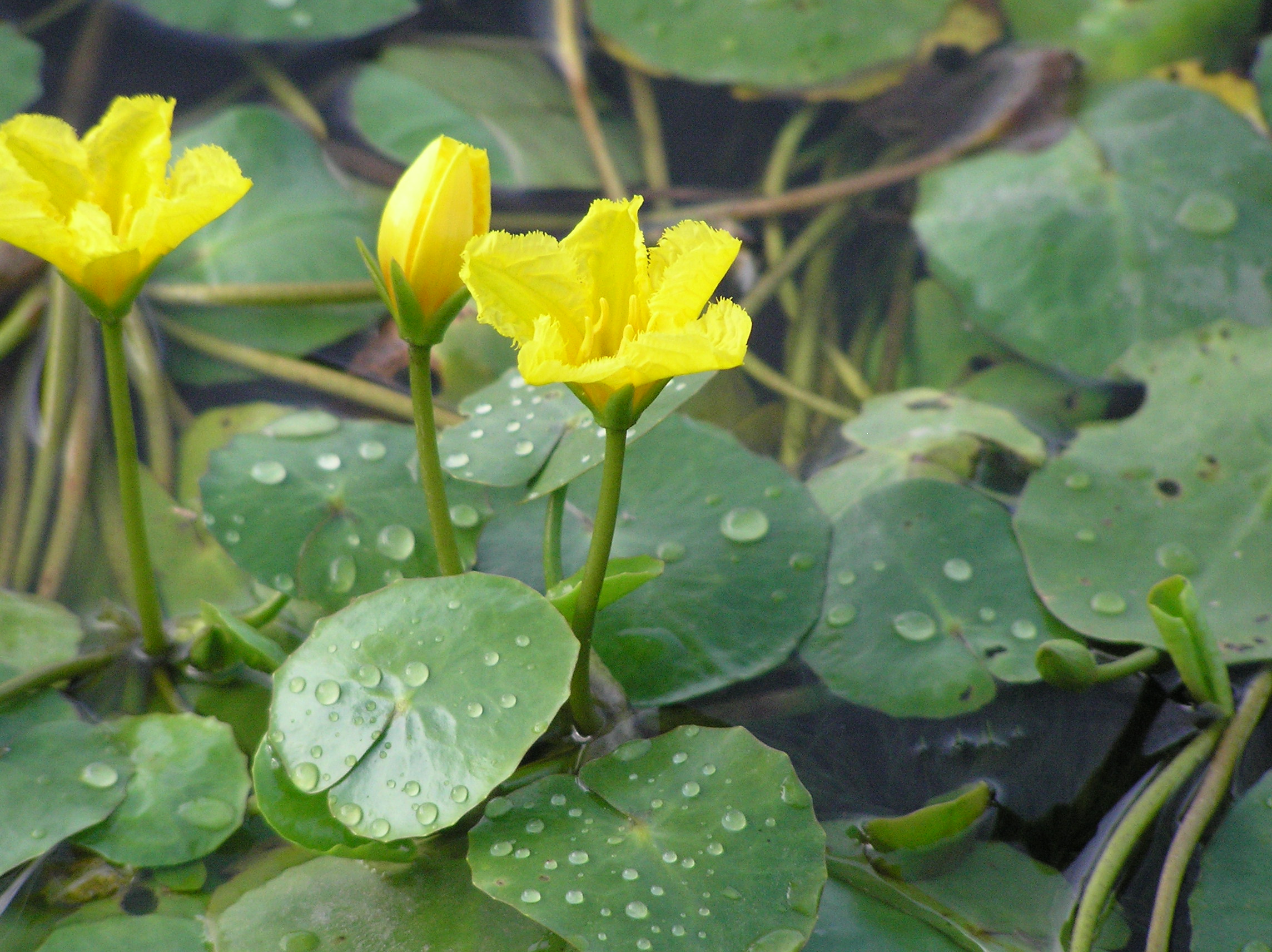
Aquatic Plant Control Research Program
Millions of acres of surface water nationwide are infested with non-indigenous, problem-causing aquatic plants. These plants, with no natural enemies in the United States, rapidly choke native aquatic plants. Eurasian watermilfoil (Myriophyllum spicatum L.), waterlettuce (Pistia stratiotes L.), hydrilla (Hydrilla verticillata (L.f.) Royle), and other exotic species continue to propagate from local infestations. Many of these plants interfere with navigation, flood control, hydropower production, and waterborne recreational uses. These plants have a very low value to fish and wildlife and contribute significantly to water quality problems. New colonies of problem aquatic plants continue to be found throughout the United States.
The Corps of Engineers manages over 5.5 million surface acres of water at its reservoir projects and significant additional acreage as part of navigation projects. The Aquatic Plant Control Research Program (APCRP) is the Nationís only Federally authorized research program directed to develop technology for the management of non-indigenous aquatic plant species. The program provides effective, economical, and environmentally compatible methods for assessing and managing problem aquatic plants.
APCRP research is producing information on the growth and ecological requirements of problem aquatic plants and is producing new biological, chemical, and ecological technologies for their management. Specific information on the biology and ecology of problem aquatic plants, obtained through research in the APCRP, has greatly improved the efficacy and diversity of management options, while minimizing adverse effects on the environment.
Research efforts are currently focused on the development of ecologically based, integrated plant management strategies for submersed aquatic plants (i.e., Eurasian watermilfoil and hydrilla). In addition, innovative technologies are being developed to prevent the initial introduction and spread of non-indigenous aquatic plant species, and to replace problem aquatic plants with native species, providing much-improved aquatic habitat for fish and wildlife. These new technologies will be a significant asset in implementing clean water initiatives by restoring aquatic systems harmed by non-indigenous aquatic plant species.
APCRP will continue to lead the Nation in the future, and is committed to the development, transfer, and implementation of aquatic plant management technologies to users in the Corps, as well as other Federal, state, and local agencies.

